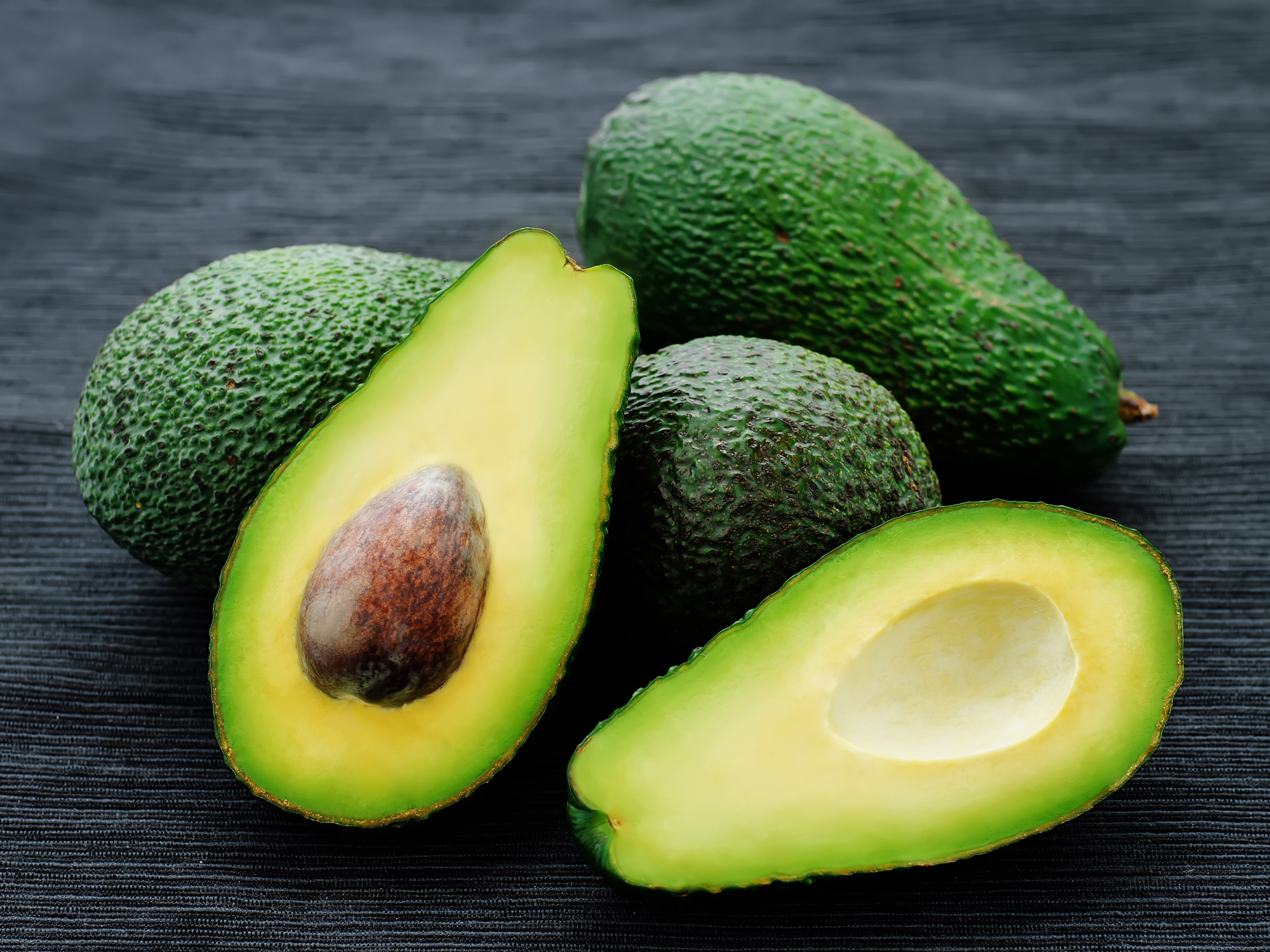Get Easy Health Digest™ in your inbox and don’t miss a thing when you subscribe today. Plus, get the free bonus report, Mother Nature’s Tips, Tricks and Remedies for Cholesterol, Blood Pressure & Blood Sugar as my way of saying welcome to the community!
4 ways an alligator pear helps your heart

For many years the humble avocado, also called an alligator pear, because of its “crocodilian” skin, has been feared due to its high fat content.
Perhaps you too are among the people who’ve avoided avocados when trying to lose weight or when instructed to eat a ‘heart-healthy’ diet.
With more than 15 million Americans having coronary heart disease and approximately one person dying every 1.5 minutes, any food that promotes better heart health is a great food to eat.
Like many foods, the much-maligned avocado has been misunderstood. Instead of causing harm, it actually has the ability to heal.
And you’ll soon understand that eating avocado each day is one of the best natural things you can do for a healthier heart…
1. Reduce risk of coronary heart disease
For years it was assumed that low fat diets were the healthiest of diets. Now we know this isn’t the case… and that fat is actually a disease-fighting nutrient.
Heart protective benefits can be found by modifying your fat sources, with monounsaturated fats recognized as the healthiest of all. In fact, increasing your intake of monounsaturated fat by just 5 percent can reduce your risk of coronary heart disease by 19 percent.
Avocados contain around 25-30 grams of fat per avocado — and the majority of this fat is monounsaturated (~20 grams), followed by polyunsaturated (~4 grams), and it also contains a little saturated fat (~4.5 grams).
2. Reduce cholesterol levels
The convention is that lowering overall cholesterol levels and triglycerides, along with LDL cholesterol is considered beneficial for heart disease — even though research does not directly link cholesterol and heart disease.
But your doctor likely has you watching it, maybe even eating fiber-rich oatmeal for this reason. But avocados are an even better source of cholesterol-fighting dietary fiber (~13 grams), containing both insoluble fiber (~70%) and soluble fiber (~30%).
By consuming avocado on a regular basis, you could reduce your total cholesterol by 18.80 mg/dL, your LDL by 16.50 mg/dL, and triglycerides by 27.20 mg/dL.
Researchers believe avocados enhance the breakdown of lipoproteins (droplets of fats) and inhibit the secretion of lipoproteins from the liver, which directly results in lower cholesterol levels. Generally, you can expect a 16 percent decrease in total cholesterol levels.
3. Reduce blood pressure
Avocados are also jam packed with every micronutrient from choline to vitamin K and magnesium, which naturally makes them a powerful disease-fighting superfood.
In particular, they contain high levels of heart-saving potassium — almost 1,000 mg per avocado. High blood pressure can triple your risk of heart attack, heart failure and stroke.
And thankfully, avocados’ potassium provides antihypertensive properties…
It’s been shown that an increase of just 250 mg of potassium each day has great blood pressure-lowering effects.
4. Support healthy arteries
Avocados have the highest amount of both triple-miracle vitamin C and a vitamin many of us are lacking,vitamin E — making them one of the most beneficial antioxidant-rich fruits available.
These antioxidants prevent oxidation of LDL, and it’s these oxidized particles that are known to increase risk of plaque and stroke. They also support arterial plaque stabilization and slow down the progression of plaque formation.
You’ll also be happy to learn that when you consume avocado on an everyday basis, it won’t contribute to weight gain either! Most experts recommend eating one half of a medium to large avocado daily.
Editor’s Note: It’s time you heard the truth about today’s “popular” heart treatments — the truth you won’t find at your doctor’s office. PLUS, discover new natural secrets that don’t require a prescription! Before you submit to any heart treatment, do this ONE thing: read this FREE report…
Sources:
- Peou S, et al. Impact of avocado-enriched diets on plasma lipoproteins: A meta-analysis. — Journal of Clinical Lipidology. 2016;10(1):161-171.
- Dreher ML, et al. Hass Avocado Composition and Potential Health Effects. — Journal. Critical Reviews in Food Science and Nutrition. 2013;53(7):738-750.
- Rysz J, et al. Hypertension – current (natural) strategies to lower blood pressure. — Current Pharmaceutical Design. 2017;23(999).












